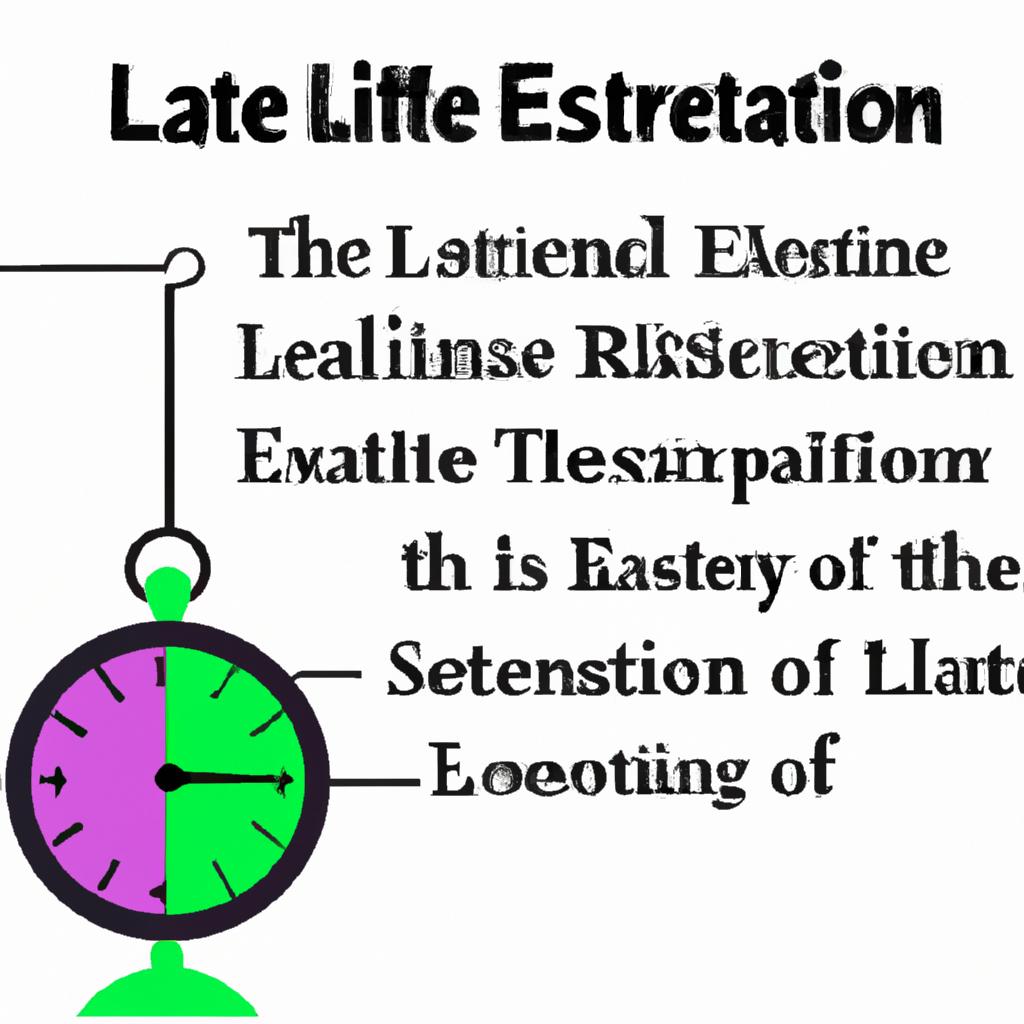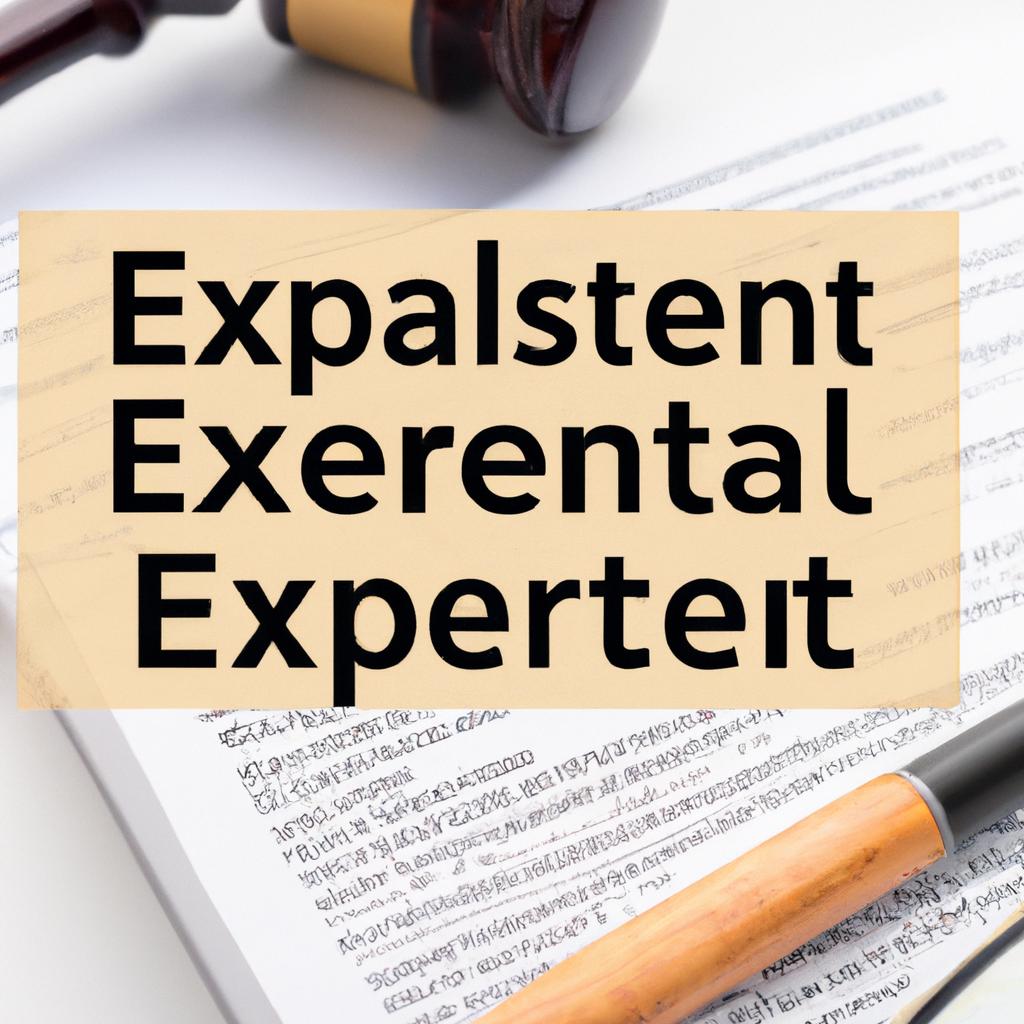Navigating the complexities of settling an estate can be a daunting task for many individuals. Understanding the average time it takes to settle an estate can provide crucial insight into the process ahead. In this article, we will explore the various factors that can impact the timeline of estate settlement, offering valuable information for those seeking to efficiently manage the distribution of assets. As experienced legal professionals at Morgan Legal Group in New York City, we specialize in estate planning, probate, elder law, Wills, and trusts, providing expert guidance to clients as they navigate the legal intricacies of estate administration.
Understanding the Probate Process for Settling an Estate
When it comes to settling an estate, one of the most common questions we receive is: “How long does the probate process take?” While every case is unique and subject to various factors, the average time to settle an estate through probate can range from several months to a few years. It is important to understand that the probate process can be complex and time-consuming, requiring careful attention to detail and adherence to legal procedures.
Factors that can impact the duration of the probate process include the size and complexity of the estate, the presence of disputes or challenges to the will, the efficiency of the executor, and the workload of the court. It is crucial for individuals involved in the estate settlement process to work closely with an experienced probate attorney to navigate through the legal requirements and expedite the process as much as possible. By seeking professional guidance and expertise, you can ensure a smoother and more efficient settlement of the estate.

Factors Impacting the Length of Time to Settle an Estate
can vary significantly depending on the complexity of the assets involved and the presence of any disputes among beneficiaries. One key factor is the size and complexity of the estate itself. Larger estates with numerous assets, investments, and properties may take longer to settle due to the extensive paperwork and appraisals required.
Another important factor to consider is the presence of any disputes among beneficiaries. If family members or other parties contest the distribution of assets or challenge the validity of the will, the estate settlement process can be significantly delayed as these disputes are resolved through legal processes. It is essential to have a skilled probate attorney navigate through these complexities to ensure a smooth and timely settlement of the estate.
| Factors Impacting Settlement Time | Probate Attorney | Resolution Time |
|---|---|---|
| Complexity of assets | Yes | Varies |
| Disputes among beneficiaries | Essential | Potentially lengthy |
| Presence of a will | Helpful | May expedite settlement |

Efficient Strategies for Expedited Estate Settlement
When it comes to settling an estate, efficiency is key. By utilizing the right strategies, the process can be expedited, allowing beneficiaries to receive their inheritances in a timely manner. One important factor to consider is the average time it takes to settle an estate. Understanding this timeframe can help guide the settlement process and ensure that all necessary steps are taken to expedite the distribution of assets.
Some efficient strategies for expediting estate settlement include:
- Proper Planning: Creating a comprehensive estate plan can help streamline the settlement process by clearly outlining your wishes and intentions.
- Working with an Experienced Estate Attorney: A skilled estate attorney can provide invaluable guidance and support throughout the settlement process, helping to navigate complex legal issues and avoid delays.
- Open Communication: Maintaining open communication with all parties involved in the estate settlement can help ensure that everyone is on the same page and working towards a common goal.

Expert Legal Guidance to Navigate the Estate Settlement Process
Settling an estate can be a complex and time-consuming process that requires careful attention to detail. On average, it can take anywhere from six months to several years to complete the estate settlement process. The timeline for settling an estate can vary depending on a variety of factors, including the size and complexity of the estate, any disputes among beneficiaries, and the efficiency of the executor in carrying out their duties.
During the estate settlement process, it is important to work closely with an experienced estate planning attorney who can provide expert legal guidance and support. An attorney can help navigate the complex legal requirements involved in settling an estate, as well as assist in resolving any disputes that may arise among beneficiaries. With the right legal guidance, you can ensure that the estate settlement process is completed efficiently and effectively, allowing you to focus on honoring your loved one’s wishes.
Q&A
Q: What is the average time it takes to settle an estate?
A: The average time it takes to settle an estate can vary depending on the complexity of the assets involved, but it generally takes anywhere from several months to a few years.
Q: What factors can affect the time it takes to settle an estate?
A: Factors such as the size of the estate, the number of beneficiaries, the presence of disputes or challenges, and the efficiency of the executor can all affect the time it takes to settle an estate.
Q: What steps are involved in settling an estate?
A: The process of settling an estate typically involves gathering and valuing assets, paying off debts and taxes, distributing assets to beneficiaries, and filing any necessary legal documents.
Q: How can an executor expedite the process of settling an estate?
A: An executor can expedite the process by staying organized, communicating effectively with beneficiaries, and seeking assistance from professionals such as lawyers or financial advisors when needed.
Q: Are there any common pitfalls to avoid when settling an estate?
A: Common pitfalls to avoid when settling an estate include procrastinating on important tasks, failing to keep accurate records, and not seeking legal advice when necessary.
Concluding Remarks
In conclusion, the average time to settle an estate can vary greatly depending on a multitude of factors. From probate proceedings to asset distribution, the process can be complex and time-consuming. By understanding the potential obstacles and seeking guidance from legal professionals, individuals can navigate this journey with greater ease. Remember, patience and diligence are key in ensuring a smooth and successful estate settlement. May this information serve as a helpful guide as you embark on this important undertaking.

